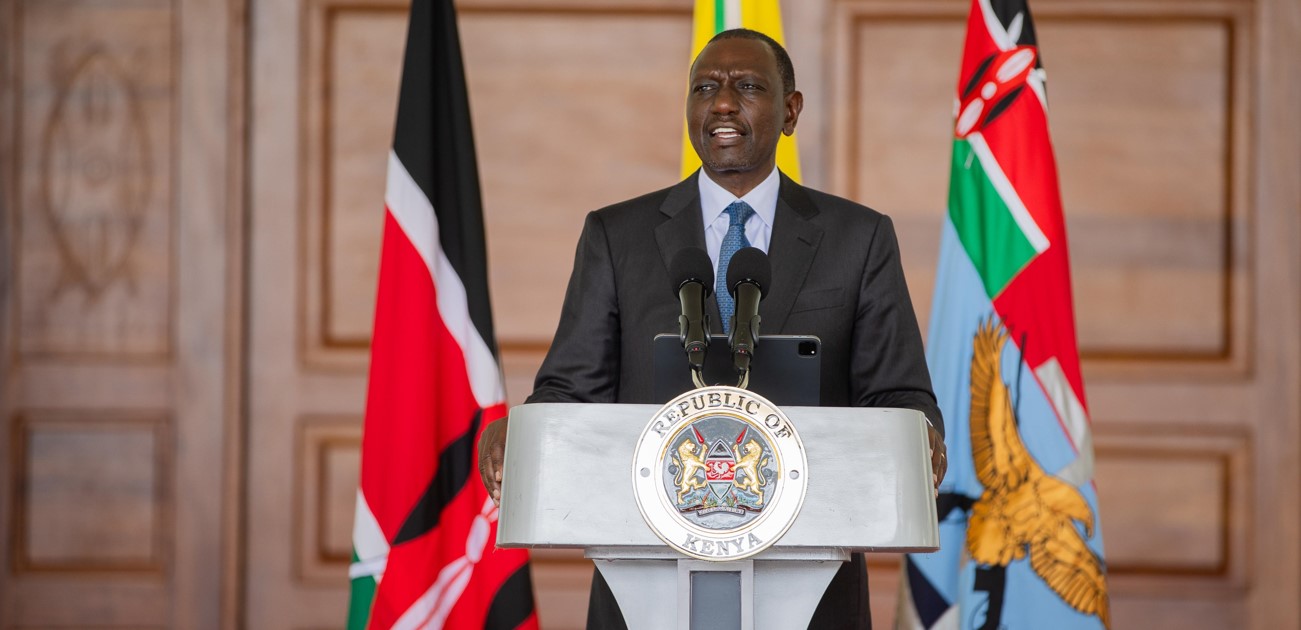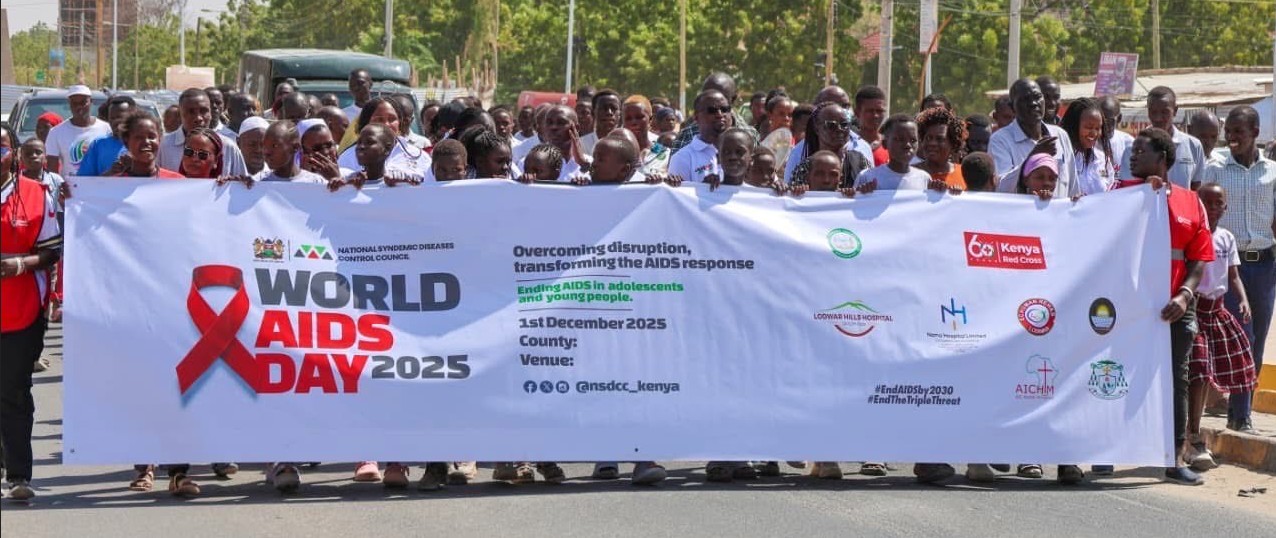Boost for civil societies as President Ruto implements PBO Act

The Public Benefits Organisations (PBO) Act was originally signed into law by President Mwai Kibaki in 2013.
President William Ruto has officially announced the operationalisation of the Public Benefits Organisation (PBO) Act, ending a wait of over a decade that had left the legislation in a state of legal uncertainty.
"I am proud to announce to you that we have every intention of living up to our promises, and that is why on Thursday we executed the legal instrument to give the PBO Act effect," President Ruto said
More To Read
- Ruto and Oburu strengthen UDA-ODM alliance after by-election win
- Ruto unveils Sh400 billion mega dam plan to turn North and Coast regions into Kenya's new food basket
- Ruto says 15,000 jobs on the horizon following launch of landmark highway expansion
- Ruto says Kenya can attain first-world status within three decades
- Petition filed to stop multi-billion Rironi–Nakuru–Mau Summit road project
- ‘Manifesto-free campaigns will sink you,’ Ruto warns opposition after by-election wins
He made the announcement during the closing ceremony of the United Nations Civil Society Conference held in Nairobi on Friday, May 10.
The pivotal development comes as a significant relief to civil society organisations across Kenya, which have tirelessly advocated for the Act's enforcement since its passage in 2012.
The PBO Act, initially passed in 2012 but stalled due to various bureaucratic challenges, is designed to regulate and empower non-governmental organisations by ensuring a more transparent, accountable, and efficient framework.
The Act's operationalisation is expected to strengthen the operational capabilities of NGOs and enhance their developmental contributions.
His speech also highlighted the resolution of longstanding bureaucratic challenges that had previously plagued civil society organisations in Kenya.
"Previously, our civil society was subject to a very chaotic mechanism, where they had almost eight pieces of registration that governed their operation.
We have now consolidated the operations of civil society into one predictable legal regime," President Ruto explained
The Public Benefits Organisations (PBO) Act was originally signed into law by President Mwai Kibaki in 2013.
The piece of legislation was designed to regulate and support the operations of non-governmental Organisations (NGOs) and other civil society organizations in Kenya.
The Act was intended to provide a comprehensive and harmonious legal framework for these Organisations, replacing the Non-Governmental Organisations Coordination Act of 1990 which had previously governed the sector.
The Act called for the creation of a regulatory authority tasked with overseeing the registration, regulation, and coordination of PBOs. This body was envisioned as a one-stop shop that would streamline interactions between the government and civil society organisations, removing bureaucratic hurdles and making it easier for PBOs to operate.
The Act also stressed the importance of transparency and accountability, requiring PBOs to submit regular reports on their activities and finances. These provisions were intended to build public trust in NGOs and ensure that funds were used appropriately and effectively.
Top Stories Today












































